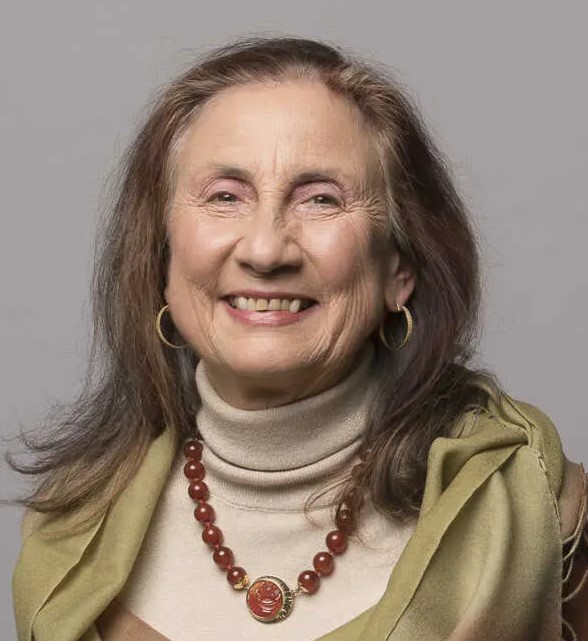Elisabetta Falchetti (1948-2022)
For the culture of sustainability
DOI:
https://doi.org/10.13135/2384-8677/8882Abstract
Elisabetta Falchetti was a reference point for all those approaching the boundaries of knowledge and relationships between disciplines such as Ecology, Art Sciences, Museology, Education and Neuroscience within a sustainability framework. Her worldview was contagious and stimulated anyone she met along her path to play an active role in her life. With the European Centre for Cultural Organisation and Management (ECCOM), we met precisely on the ground of this common commitment. She was deeply convinced of the need for profound social transformation to promote justice, equity, gender equality, well-being, quality of life and sustainable communities. Her gaze and attention were constantly addressed to local communities, especially those marginalized or discriminated against, to create opportunities for cultural life participation, to encourage creative interaction and exchange. She always supported and felt the need for a new cultural and social museology more focused on the needs of communities. The emerging social museology must reflect on certain social priorities and experiment new strategies to create “contact zones” (Clifford, 1997). The metaphor, which she loved so much and has guided many of our reflections, takes inspiration from systemic structure of living systems. The spaces that in the various structures represent borders and contiguous areas, such as those between cells, organs, populations, biotic communities, ecosystems, guide reflection on the importance of boundaries (Da Milano, Falchetti & Guida, 2019). In those contact zones it is possible to develop constructive relationships between environment and culture, new narratives and visions, social representations. This process can encourage multi-, inter- and trans-cultural approaches.
For Elisabetta Falchetti, Ecology was the science that can integrate narratives and visions that spread systemic thinking. Feudozzo’s experience (L’Astorina et al., 2021) represented a moment of reflection on this issue to help build new ethical-social attitudes and horizons (Falchetti & Guida, 2021).
A fundamental element for her was the role that imagination plays in the processes of transformation and change. In one of her latest contributions, she said "people’s imaginative capacity must be nurtured. In fact, only with a fervent imagination does it become possible to build a sustainable perspective for the future and to identify strategies to pursue it” (Guida & Falchetti, 2021).
She leaves us with many things to reflect on but also with things still to be imagined and told.




